Links that are displayed on every page of a website, commonly found in the sidebar or footer, are known as sitewide links. These can have significant implications for your SEO, potentially yielding both beneficial and detrimental effects. This article will provide insights into what sitewide links entail, their influence on your SEO, and strategies to leverage them efficiently so as to evade any penalties.
What are sitewide links?
A link that is sitewide can be found on every page of a website, typically located within the sidebar or footer. This type of link might point to various destinations, including external websites, vital internal pages like the homepage or contact page, or even social media profiles. The primary role of these links is to enhance navigation and convenience by consistently providing easy access to important resources across all pages.
Frequently utilized for promoting specific segments within a site such as critical policy documents – terms of service and privacy policies – or the contact section itself, sitewide and other site links are integral in enabling users to swiftly find key areas. Although their presence throughout your entire website facilitates accessibility for visitors, search engines could consider repeated text from a sitewide link pointing mechanism unfavorably if not handled with care.
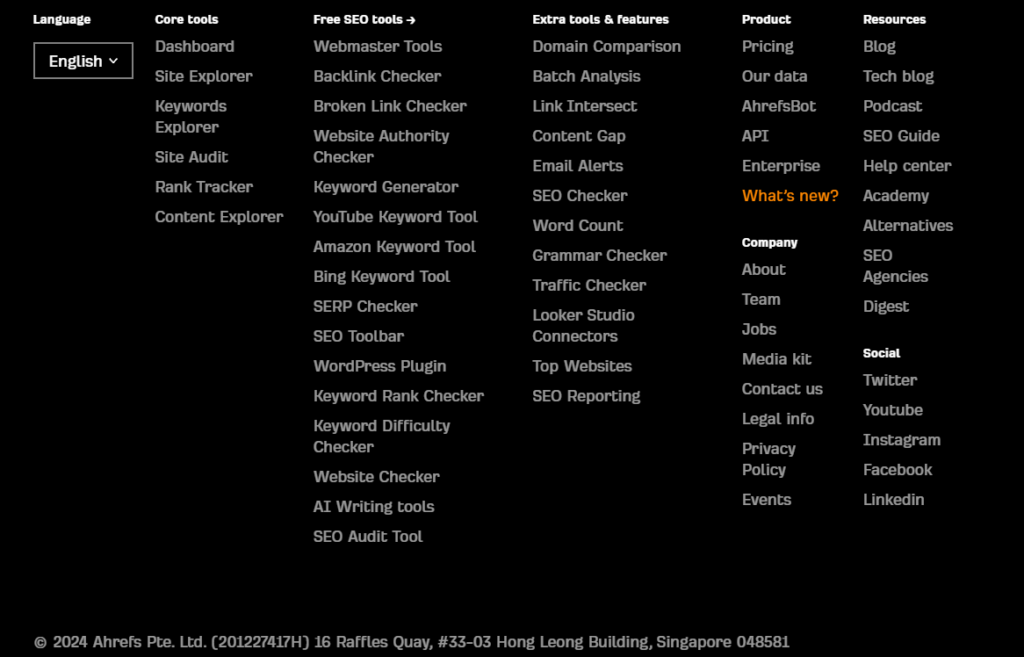
While they contribute positively to user navigation and overall ease-of-use on your site’s interface, it’s worth noting that simply having sitewide links does not directly translate into an SEO advantage. It’s essential that these links are contextually relevant. When leveraged appropriately though – they can harmonize well with an overarching SEO strategy without inviting any adverse outcomes.
How sitewide links impact SEO rankings
Sitewide links can have both beneficial and detrimental effects on SEO rankings. Distributing link equity effectively through sitewide linking can help elevate the prominence of specific internal pages, thereby aiding overall site structure and bolstering your SEO approach.
On the other hand, improper application of sitewide links may attract severe search engine penalties. When used excessively, such linking practices raise red flags for over-optimization among search engines that could view it as a manipulation tactic to influence rankings artificially. Prudence is essential in managing the volume of sitewide links SEO to sustain an ideal link profile aligned with superior SEO standards. In essence, too many sitewide links could jeopardize a sound SEO strategy.
Vigilant oversight concerning these types of links is crucial to prevent conveying adverse signals to Google’s algorithmic scrutiny. Sitewide connections perceived as low-quality or unrelated might lead not only to ranking drops but also to stringent penalties imposed by search engines like Google. Utilizing resources like Google Search Console enables you to spot any unnatural patterns within your site’s linking scheme promptly so corrective measures can be taken if needed – preserving constructive use of this strategy without flirting with punitive actions from search engines.
Types of sitewide links
Sitewide links exist in various forms, each with distinct functions and effects on SEO.
A widespread variety of outbound links, which encompass connections to external sites or social media pages aimed at fostering engagement across different platforms. By incorporating these kinds of links into your website, you can expand your online presence significantly and increase traffic towards either associated partner websites or your social media profiles.
Another category of sitewide links are those that direct users to contact pages. This is crucial for facilitating inquiries and support services. They streamline the process for visitors who are seeking help, thus improving user experience while potentially increasing conversion rates.

Natural sitewide links include essential legal statements such as terms of service and privacy policies – these are imperative both for regulatory compliance and earning user trust. Linking back to the homepage or providing a link to an ‘about us’ page tend to be recognized as natural by search engines.

Such types of sitewide links aid in directing users toward important areas within a site thereby enhancing navigability and reinforcing the website’s structure overall. Employing these styles of sitewide linking strategies benefits not only user experience but also helps maintain a robust backlink profile.
The evolution of sitewide links Post-Penguin Update
With the introduction of Google’s Penguin update, the SEO field experienced a major shift. This update targeted sites that were using black hat SEO strategies such as manipulative sitewide linking practices. As a result, acquiring high-quality backlinks became more important than simply amassing a large number of them to foster an improved seo environment for websites.
Following the roll-out of Penguin, leveraging sitewide links for search engine optimization advantages has been diminished and may even be overlooked if perceived as unnatural or contrived. It is now essential that any acceptable use of sitewide links involves connecting sites with topical relevance. Overuse of keyword-rich anchor text in these links should be avoided so they don’t trigger spam indicators. The emphasis on link-building has clearly moved toward prioritizing relevance and quality rather than sheer volume.
The changes brought about by the Penguin update have led website owners to exercise greater caution in their linking methods. Rather than relying solely on broad-based site-wide connections for boosting SEO standing, there’s been a pivot towards cultivating top-notch relevant backlinks which enhance value to users while complying with search engine guidelines – a practice conducive to sustaining robust and penalty-free backlink profiles.
Best practices for using sitewide links responsibly
Responsible use of sitewide links is key to avoiding penalties and supporting your SEO strategy. Applying the nofollow attribute to sitewide links can prevent negative perceptions of link manipulation and unintended SEO penalties, maintaining a healthy backlink profile.
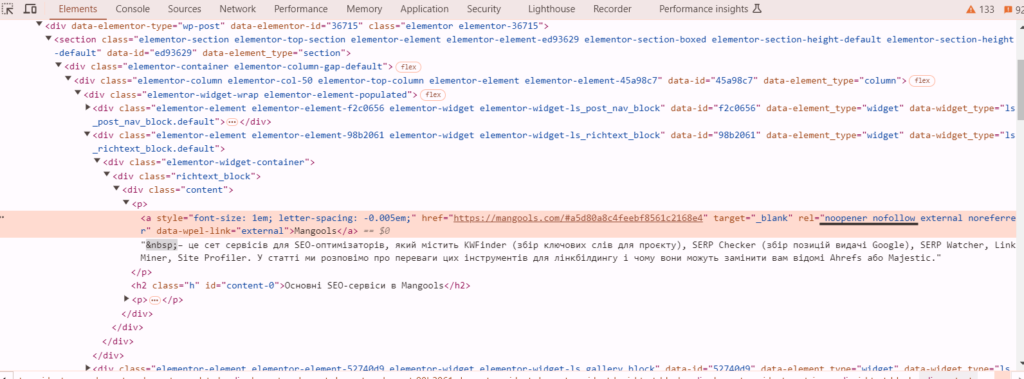
Sitewide links should be relevant and naturally placed to enhance user experience without negatively impacting SEO. Links should add value, be relevant to the content, and avoid keyword-stuffed anchor text. Branded anchor text is preferable as it looks more organic and avoids penalties related to keyword manipulation.
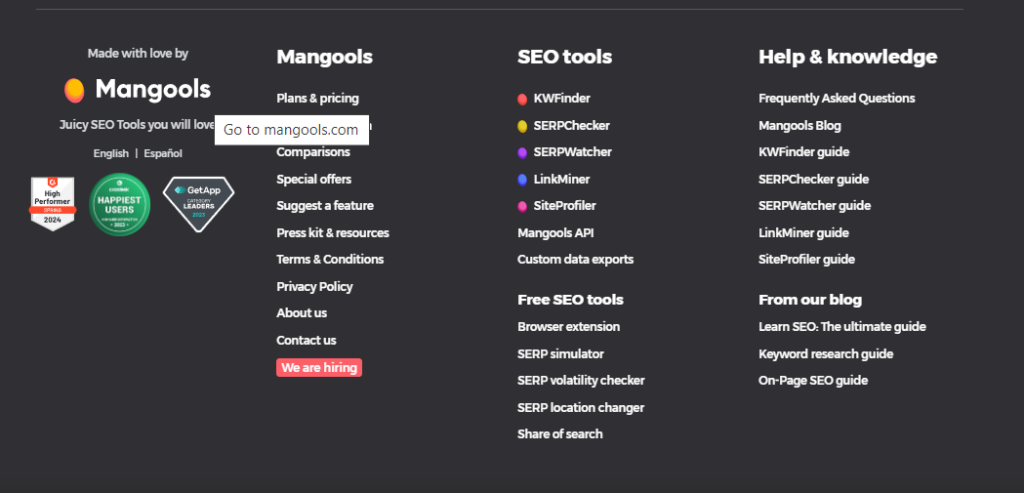
Following these best practices allows sitewide links to enhance user experience while maintaining a positive SEO impact. Relevant, naturally placed, and appropriately attributed sitewide links help build a strong, penalty-free backlink profile.
Common examples of natural sitewide links
Sitewide links that naturally occur and are recognized by search engines as acceptable include those linking to copyright information or privacy policies, typically located in the website’s footer or displayed through popups. These particular links serve vital roles for compliance purposes and boosting user confidence while not negatively impacting SEO performance.
Sitewide links directing users to a website’s social media pages can also be considered natural. They help foster engagement between various platforms, improve overall user experience on the site, and complement wider marketing initiatives. Similarly natural is when your business is mentioned with an accompanying link across all pages of your website. This strategy enhances traffic flow to the site and raises brand awareness.
The instances presented exemplify how incorporating natural sitewide links judiciously benefits both the end-users’ navigation experience and SEO efforts. Proper use of such types of links contributes positively towards maintaining a robust backlink profile without attracting penalties from search engine algorithms.
If you need natural links to your website, the Links-Stream team has been promoting websites in the TOP of Google for more than 8 years with the help of link building and will create a link building strategy for your niche and budget.

Identifying and resolving unnatural sitewide links
If you don’t deal with unnatural sitewide links, they could damage your SEO efforts and even result in penalties. Search engines might interpret these links – found on every page of a website – as manipulative or spam-like if they predominantly come from the same referring domain, especially when there are hundreds or thousands of such backlinks.
Taking action after discovering harmful sitewide links during a backlink profile review is crucial. You can reach out to the owner of the domain that’s linking to your site and ask them to take down those links. Should this prove unfeasible, Google offers a disavow tool which allows you to request that Google discount these detrimental backlinks.
To prevent search engine penalties and uphold robust SEO practices, it’s wise to continually assess your backlink profile using resources like Google Search Console. Keeping tabs on and managing unnatural sitewide links ensures proactive care for your website’s link ecosystem.

Monitoring your backlink profile
Continuously keeping an eye on your backlink profile is essential for a robust SEO strategy. Utilizing tools such as Google Search Console, Moz, and Ahrefs enables you to keep tabs on your backlinks and spot any potential problems. Configuring alerts with services like Google Alerts can be instrumental in keeping abreast of modifications to your backlink portfolio.
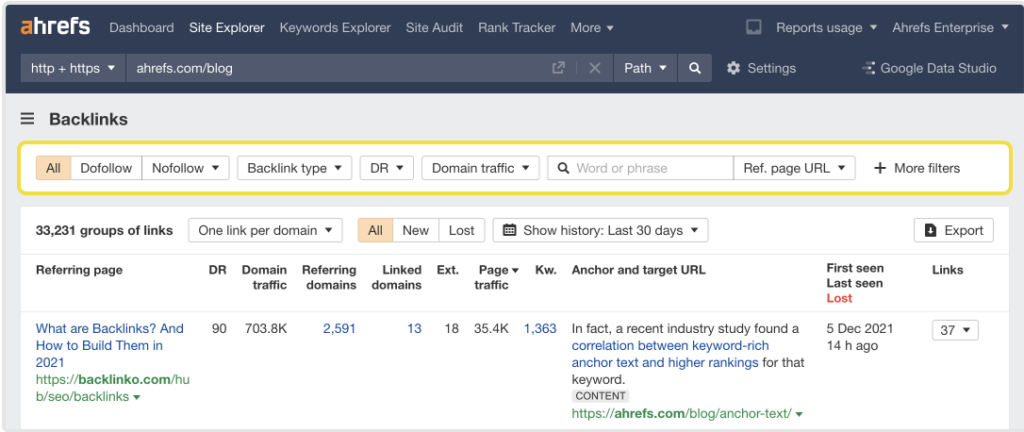
It’s important to perform regular checks of all site links to uncover and do away with any links that are either low-quality or spammy in nature. Sometimes the direct approach of reaching out to website owners can lead them to remove these undesirable links, thus preserving the integrity of your backlink profile.
Taking a proactive stance when it comes to managing your backlinks helps circumvent penalties while favorably influencing your SEO rankings.
Summary
In summary, the use of sitewide links holds both potential benefits and risks within SEO. These links can improve user experience and distribute link equity effectively. If misapplied, they could incur severe penalties. Recognizing various types of sitewide links, comprehending their effects, and adhering to recommended usage are essential for sustaining a robust backlink profile that aligns with your SEO objectives. Adherence to the principles outlined in this guide will enable you to capitalize on sitewide links while steering clear of typical errors.
Sign up for the Links-Stream service and get access to a database of more than 14,000 guest posting sites for more than 20 countries and 40 niches.
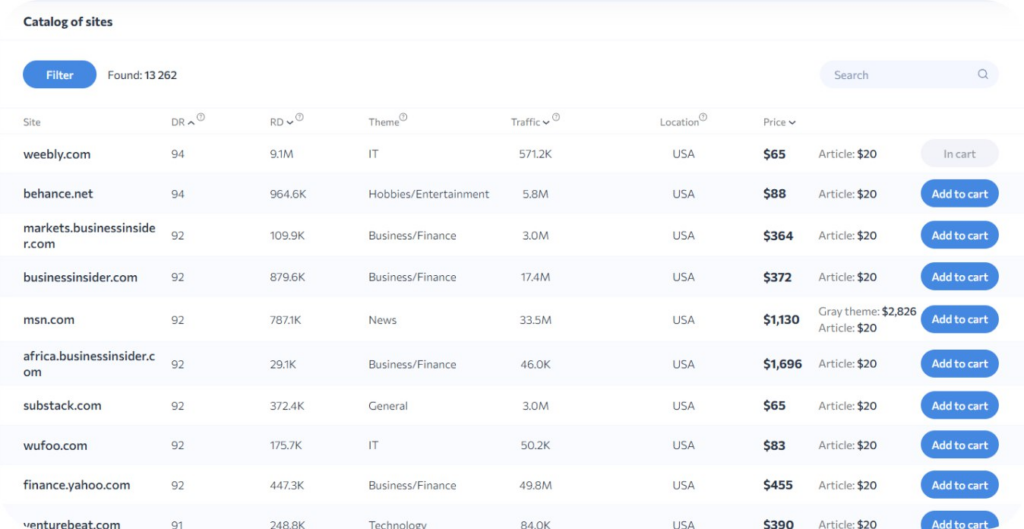
Frequently asked questions
What does sitewide mean?
Links that are uniformly present on every page of a website, typically found in the sidebar or footer, are known as sitewide links. They serve to better navigate and boost the prominence of key pages throughout the site.
How do sitewide links impact SEO rankings?
Using sitewide links can bolster SEO rankings through effective distribution of link equity, yet improper use might lead to penalties. Careful employment is crucial to steer clear of adverse effects on SEO.
What are some common examples of natural sitewide links?
Links such as those leading to copyright and privacy policy pages, ‘about us’ sections, and social media profiles are examples of natural sitewide links. These connections not only bolster credibility but also enhance the navigational experience for users throughout a website.
How can I identify and resolve unnatural sitewide links?
Regular backlink audits are crucial for pinpointing and mitigating the effects of unnatural sitewide links in your link profile. Upon discovering such links, you should reach out to the owner of the referring domain seeking removal or employ Google’s disavow tool as a means to diminish their influence.
What tools can I use to monitor my backlink profile?
To properly keep track of your backlink profile and ensure it’s in good standing, consider using tools like Google Search Console, Moz, Ahrefs, and Google Alerts.
By leveraging these platforms, you can spot potential problems early on and preserve the integrity of your SEO performance.
